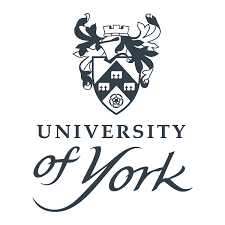
Quantitative Economics MA
Ludwig Maximilian University of Munich (LMU), Germany
The MQE is designed as a two-year program consisting of several modules.
MQE targets students who look for advanced methodological training.
Elements of our existing Ph.D. level teaching are adjusted to make selected courses suitable for MQE students, including guest lectures and summer schools.
The MQE is a program in Economics and as such not interdisciplinary but in terms of research projects we will encourage our students to explore these interdisciplinary topics. Various interdisciplinary initiatives exist at the Faculty, e. g. the Munich Experimental Laboratory for the Economic and Social Sciences (MELESSA) 7 or the Organizations Research Group (ORG) 8 to facilitate this.The Curriculum of the MQE comprises several modules.
- The first semester is focused on providing advanced methods training in microeconomics, macroeconomics and econometrics.
- The second semester completes this methods training in microeconomics and macroeconomics. Students get targeted training in soft skills (written and verbal communication), and add a first specialization in a field of their choice.
- In the third semester students add a second field specialization and work on a research project in a dedicated module.
- In the fourth semester students complete their studies by writing a Master thesis.
Similar Programmes
Bachelor's Degree
36 months
Economics (B.Sc.)
University of Göttingen, Göttingen, Germany
Earliest Intake
March 2026
Gross Tuition
7800 €
Master's & Postgraduate
24 months
Development Economics (M.Sc.)
University of Göttingen, Göttingen, Germany
Earliest Intake
October 2025
Gross Tuition
873 €
Master's & Postgraduate
24 months
International Economics (M.Sc.)
University of Göttingen, Göttingen, Germany
Earliest Intake
April 2026
Gross Tuition
873 €
Master's & Postgraduate
12 months
Health Economics MSc
University of York, York, United Kingdom
Earliest Intake
February 2026
Gross Tuition
27250 £
Bachelor's Degree
36 months
Philosophy, Politics and Economics (3 Years) BSc
University of York, York, United Kingdom
Earliest Intake
February 2026
Gross Tuition
26900 £
Uni4Edu AI Assistant






